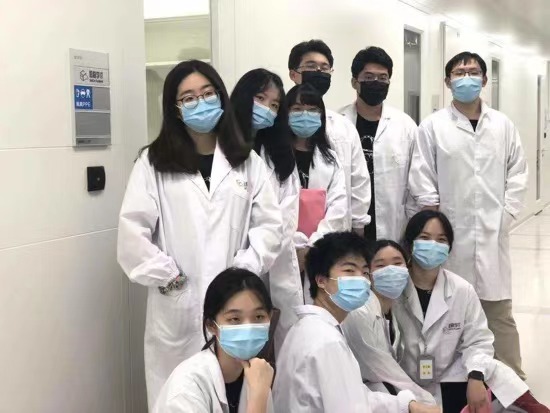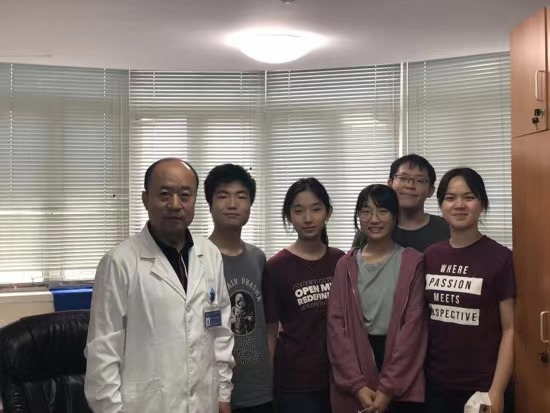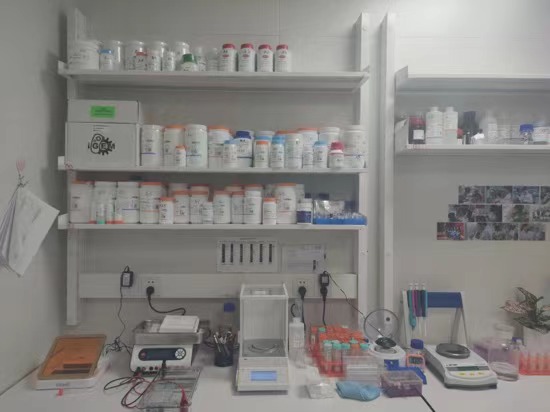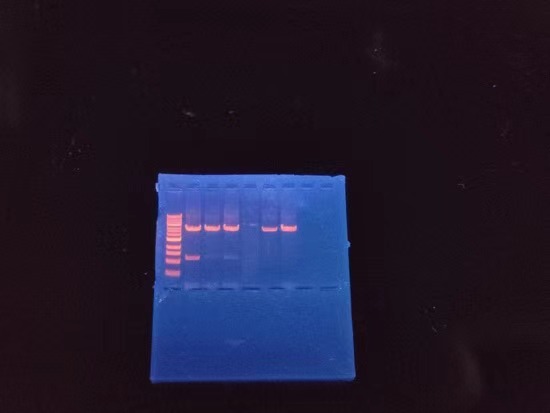-
ABOUT US
-
ACADEMICS
Curriculum Program
Departments
- English
- High School Chinese
- Primary and Junior School Chinese.
- High School Mathematics
- Middle School Mathematics
- Primary School Mathematics
- Music and Fine Arts
- Physical Education
- Physics
- Chemistry
- History and Geography
- Physical Science and Optional courses Department
- Middle School Biology
- High School Biology
- Social Sciences
- Computer Science
- Courses in Primary School
Achievements and Matriculations
College Counseling
Science & Technology Innovation Contest
Subject Competition
-
ARTS
-
ATHLETICS
-
AT SHSID
SHSID ∣ TIMES
PTSA
Club Exhibition
- 龙吟社
- Live 2 Drama
- Choir
- Hip-pop Dance Club
- The Primary School Dance Troupe
- Symposiums Club
- Biology Workshop
- You Shan
- VEX Robotic
- Peking Opera Club
- Baseball Club
- Model United Nations
- The World Scholar’s Cup
- Future Problem Solving Club
- United States Academic Pentathlon
- OM Club
- AMC Club
- Music for Patients
- SHSID Gazette
- Smile Charity
- Cultural Moments
- SciAcademy
- Stem Doge Alliance
- Chinese Debate Club
- IAA
- Mock Trial Club
- Zhengming Club
- Furry Friends
- GT-Racing
- Village Radio
- IMMC Club
- Creative Design and Intelligent Fabrication
- Future City Research Project
- ECOCAP
- AdvocaSEA
- SPDC
- Medishine
- Floorball Club
- Animusic MTC
- Wings Up
- All Booked
Health and Wellness
Campus Safety
Cafeteria Service
-
ADMINISTRATION
-
ADMISSIONS
-
ALUMNI
Alumni Information
Honors Students
- Class of 2025
- Class of 2024
- Class of 2023
- Class of 2022
- Class of 2021
- Class of 2020
- Class of 2019
- Class of 2018
- Class of 2017
- Class of 2016
- Class of 2015
- Class of 2014
- Class of 2013
- Class of 2012
- Class of 2011
- Class of 2010
- Class of 2009
- Class of 2008
- Class of 2007
- Class of 2006
Who Studied at SHSID
SHS Foundation
-
DOCUMENTS
SHSID Achieved Excellent Results in the iGEM Competition
International Genetically Engineered Machine Competition (iGem) is a competition that is based on knowledge in biology, but incorporates computer science, mathematics, and physics as well. It was originally founded by the Massachusetts Institute of Technology (MIT) in 2003, and was targeted towards undergraduate students only. Over the years, the scope of the competition has expanded so that, nowadays, graduate students and high school students can also participate. The principle of iGem is to facilitate the development of genetic and biological studies and to create a healthy and safe research atmosphere. Different from most other high school biology competitions, iGem takes up much more time and commitment. From selecting a topic, to completing experiments, to writing wikis and presentations, the process takes up to a year. However, it must be noted that iGem is more than a scientific/experimental competition as it requires extensive community engagement and collaboration with other parties.
As a competition focused on research, experiments are crucial. Usually, high school teams will conduct experiments in laboratories off campus. Team SHSID contacted Subcat Academy for training and access to laboratory resources, and the project with regards to the bacterial species Listeria monocytogenes utilized a few methods and procedures such as PCR, gel electrophoresis, and protein extraction. To create a kit that contains the Cas12a protein, crRNA, and ssDNA fluorescent probes, every step required multiple trials and constant altering of variables to achieve perfection.
The final results were presented in the form of a wiki pages and poster. The wiki is basically a research paper in the form of a website. It has to contain everything from the project abstract, to the experimental process, to the results discussion, etc. The poster is a condensed form of the wiki, which is used in the Giant Jamboree for display and for judges and other participants to quickly grasp the main idea of the project.
Other than experiments, iGem also lays emphasis on teams’ human practice, or community engagement. Team SHSID created surveys to gather information on their community; interviews with professionals and visits were also conducted to gain insight into the related field. The team also produced an educational video and created an official account on Internet. On the account, “Sherlock in the Fridge,” informative articles were constantly written and uploaded. Other than that, students also designed products such as T-shirts and stickers to sell for fundraising. So, therefore, it can be seen that iGem really emphasizes multi-faceted development in its participants. Furthermore, teams also have to collaborate to really make their project more complete. All in all, the requirements for human practice serve to spread the principle of iGem, which is to use science and technology to improve humanity.
As all processes were complete, Team SHSID had to record a 20-minute-long presentation, and also take part in poster and Q&A sessions. Ultimately, they were able to obtain the Global silver medal, the highest honor in the history of this competition for SHSID.
Besides the school team, we have some other students who joined other regiments and won gold and silver medals as captains and players, respectively.
Let's congratulate them!




(Written by Emily Jiang Pictures by Emily Jiang Supervised by Hui Liao)